Artist: Brujeria Album: Brujerizmo
Year: 2000Duration: 35:49
Brujerizmo: A Critical Review of Brujeria's Landmark Album
Brujerizmo, the third studio album of the Mexican-American death metal band Brujeria, was released in 2000 and has since been regarded as a landmark release in the genre. The band, formed in the early 1990s, has been known for its controversial lyrics and political commentary on issues like immigration, drug trafficking, and police brutality. Their music, a blend of death metal, grindcore, and punk rock, has been received with mixed reviews from critics and audiences alike. In this blog post, we will take a closer look at Brujerizmo and assess its impact on the band's legacy, the music genre, and the listener experience.
Brief History of Brujeria and Brujerizmo
Brujeria was formed in Tijuana, Mexico, in 1989, by Dino Cazares, drummer Pat Hoed, and vocalist Juan Brujo. The band's original lineup included members of the iconic death metal band Napalm Death and the extreme metal group Fear Factory. However, Brujeria kept their identities hidden, performing under pseudonyms and wearing masks during live shows and in their music videos. Their lyrics, mostly in Spanish, addressed social and political issues that affected the Mexican and Latin American communities, such as poverty, corruption, and violence. Brujerizmo, released in 2000, was the band's third studio album and featured a new lineup that included Shane Embury from Napalm Death and Billy Gould from Faith No More.
The Music Genre of Brujerizmo
Brujerizmo is a fusion of genres that defies categorization. The album's sound ranges from brutal death metal to punk-infused grindcore, with unconventional song structures and aggressive riffs that convey the band's message of rebellion and dissent. The album's production quality is raw and unpolished, giving the music a raw and authentic feel. The lyrics, in Spanish and English, deal with issues such as the war on drugs, immigration, and police brutality. While some may find the lyrics offensive or vulgar, they serve as a reflection of the band's uncompromising stance against social injustice.
The Best Songs of Brujerizmo
Brujerizmo comprises 13 tracks, each of which offers a unique sound and message. The album opener Brujerizmo sets the tone with its thunderous drums and menacing riffs. Colas de Rata showcases the band's ability to fuse punk and metal with its fast-paced rhythm and incendiary lyrics. Matando Güeros '97 is a re-recording of the band's most controversial song, originally released in 1993, that denounces the killing of Mexican immigrants in the United States. El Patron is another standout track, featuring guest vocals from Ministry's Al Jourgensen and a catchy chorus that will have you singing along in no time.
The Most Innovative Parts of Brujerizmo
The Most Innovative Parts of Brujerizmo
Brujerizmo is a testament to the band's artistic vision and creative experimentation. The album blends different genres with ease, creating a sound that is both unique and challenging. The use of samples, such as news reports and movie quotes, adds another layer of complexity to the music. The band's willingness to address taboo topics and push the boundaries of acceptability is commendable, even if it may offend some listeners. Brujerizmo's influence can be heard in later works of bands like Napalm Death, Sepultura, and Soulfly.
A Critique of Brujerizmo
Brujerizmo is not without its flaws. The album's production quality, while raw and authentic, can be grating at times, making it difficult to appreciate the musical nuances. The lyrics, while serving as a vehicle for the band's political message, may be off-putting to some listeners. The occasional use of profanity and derogatory terms may alienate potential fans and prevent the message from reaching a wider audience. While Brujeria's intentions may be noble, their approach may detract from the impact they hope to make.
Brujerizmo, the third album of Brujeria, can be seen as a turning point in the band's career and the death metal genre. The album's fusion of different genres, unapologetic attitude, and social commentary have earned it a place in the annals of metal history. The album has its strengths and weaknesses, but its impact cannot be denied. Brujeria's legacy continues to inspire artists and activists around the world to fight for justice and equality.
Brujeria albums
Other #Death metal albums:
SIMILAR BANDS
balls, from 1 to 5, describe similarity between the two bands
SOMETHING NEW? LISTEN TO RADIOGENRE
 Rockabilly
Rockabilly Blues
Blues Tomorrowland
Tomorrowland Estremometal
Estremometal Hard rock
Hard rock Underground music
Underground music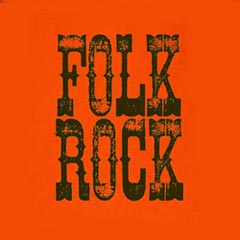 Folk rock
Folk rock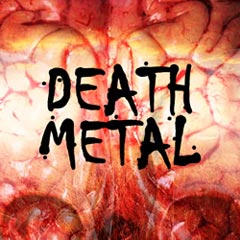 Death metal
Death metal Dubstep
Dubstep Post punk
Post punk
SUGGESTED PLAYLISTS




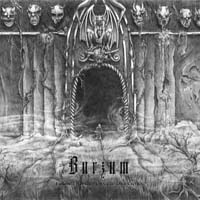
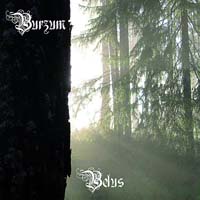



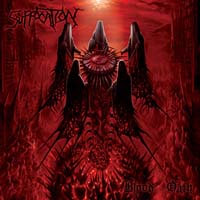

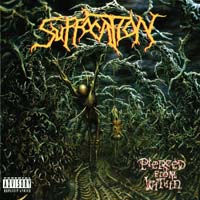
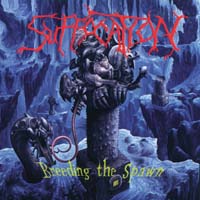
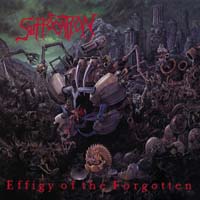
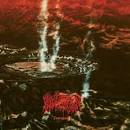
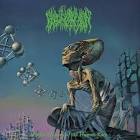
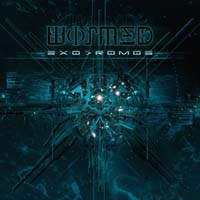
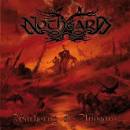



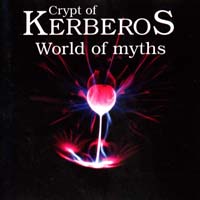

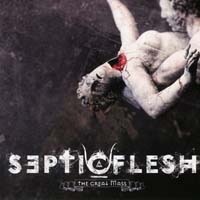
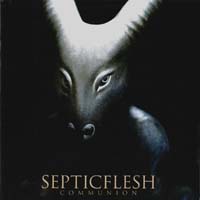
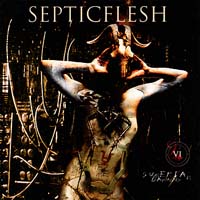
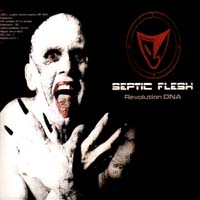
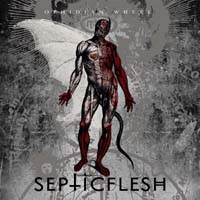

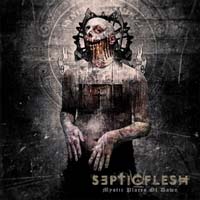
 Coronavirus Quarantine Music
Coronavirus Quarantine Music Best Christmas Songs
Best Christmas Songs The human face and fresh R & B: Neo soul!
The human face and fresh R & B: Neo soul!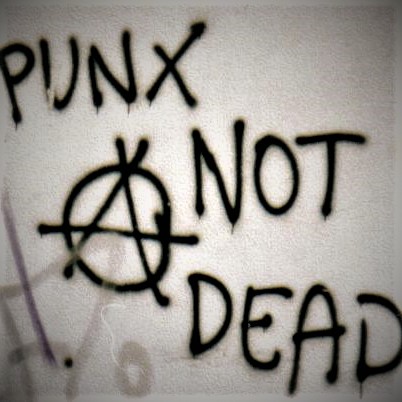 Punk generation
Punk generation The very best of bossa nova
The very best of bossa nova Discovering talents at the Busker festival
Discovering talents at the Busker festival The very best of r&b
The very best of r&b When the Metal is female
When the Metal is female The symposium of love
The symposium of love